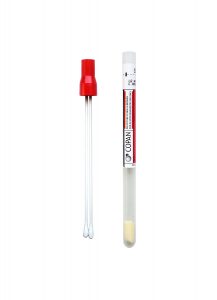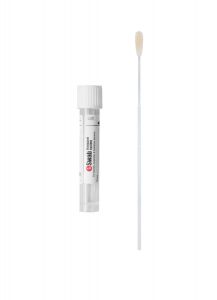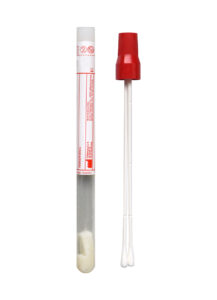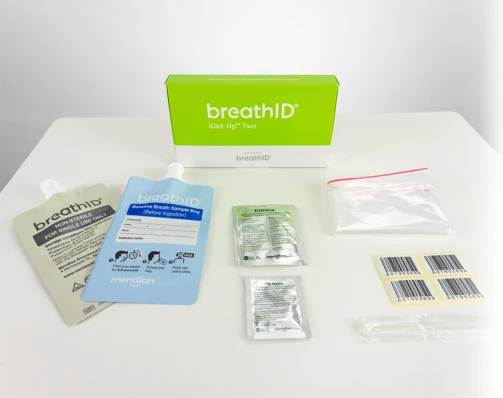Immediate Test Change
Test Update – Vasoactive Intestinal Polypeptide, Plasma (VIP)
Beginning June 27, 2024, Vasoactive Intestinal Polypeptide, Plasma (VIP) will be sent to a different reference laboratory due to issues with the current reagent manufacturer.
Refer to the table below for an outline of testing changes.
Please contact Client Services with any questions or for assistance.
Test Change Overview
Vasoactive Intestinal Polypeptide, Plasma (VIP)
New Test
Old Test
Performing Laboratory
Mayo Clinic Laboratories
ARUP
Methodology
Enzyme-linked immunosorbent assay (ELISA)
Radioimmunoassay (RIA)
Specimen Collection
Plasma, 1 mL
Lavender K2EDTA tube
Plasma, 1 mL
PPACK tube
Minimum Volume
0.5 mL
0.5 mL
Transport Temperature
Critical frozen
Frozen
Reference Interval
0-36 pg/mL
0-60 pg/mL
Turnaround Time
6-10 days
4-8 days




